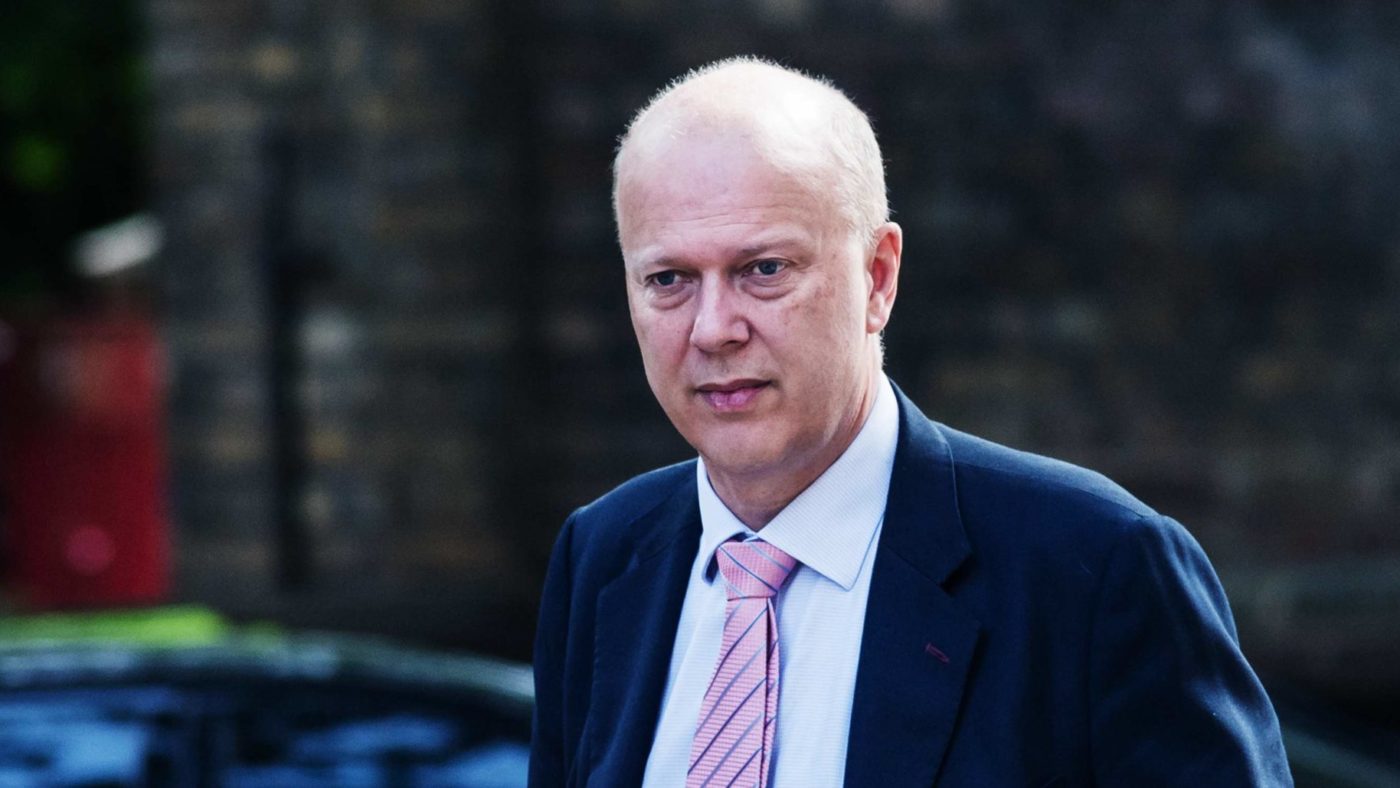Vladimir Putin’s regime has altered the boundaries of Europe by force, murdered a former Russian spy in London with polonium, and deployed nerve agent in a British city in an attempt to murder another along with his daughter. It is hardly beyond the bounds of the possible that it has also meddled in this country’s political procedures. The government’s failure to be open about that threat, let alone to effectively confront it, is exemplified in its incompetence and vindictiveness surrounding the makeup of the House of Commons Intelligence and Security Committee (ISC). This is bad news for national security as well as the quality of public administration.
The ISC oversees Britain’s intelligence services. Its report on Russian interference in British democracy, which was completed in October and has received all necessary security clearance, is still yet to be published. The formal reason is that the ISC hasn’t yet reconvened since the general election. Hence the unconscionable delay.
Why has it not met? Because the Conservatives, for some reason, dawdled. The prime minister eventually nominated five Tory MPs for the committee last week. It was universally expected that, with the the support of his Conservative colleagues, Chris Grayling would be appointed chair of the committee. He wasn’t. Instead, Julian Lewis was elected with the support of Labour and SNP members. The government then lashed out by stripping Dr Lewis of the Tory whip.
As political theatre goes, this is a farce, but the failings are far more serious than mere appearance. As Dominic Grieve, the former chair of the ISC, said on Newsnight yesterday, the episode is troubling because of what it indicates about the mindset of Downing Street: “Why did they try to manipulate this process? They shouldn’t have done. The committee can only exist, the committee can only be respected … if it is seen to be non-partisan and respected.” This is the crucial point: the ISC operates as a non-partisan body. It was perfectly reasonable for its members to be concerned at Grayling’s credentials to chair it. Not even Grayling’s closest friends would claim that his record in government was one of conspicuous achievement and he lacks a reputation for independent judgment. Conversely, I’ve known Julian Lewis for a long time and, regardless of politics, I’m certain he will be a formidable chair of the committee. Opposition MPs were right to back him.
The irony of Lewis being stripped of the whip is that, as a Brexiter, he is a Conservative very much of the times. I’ve worked and consulted with him closely on an issue that transcends politics: national security. He’s an expert on defence issues and, ever since the resurgence of the anti-nuclear movement in the 1980s, he’s endeavoured to explain the role of collective security and deterrence. I recall a Chatham House conference that we both addressed many years ago when we were unusual among speakers and the audience in arguing the need to maintain the British independent deterrent in the form of a continuous-at-sea capability.
That case has to be made continually, against those who believe respectively that international friction could be eased by unilateral measures of disarmament or that a plausible cut-price defence option (such as submarine-launched cruise missiles) exists. With his extensive expertise in the subject, Lewis has never allowed the delusions of nuclear pacifism to go unchallenged. Parliament needs his expertise on defence and security. The ISC will be better for it.
This is not a partisan issue. As a Labour sympathiser myself, I’ve often cited the wisdom of Clement Attlee, the first prime minister of the nuclear age, in responding to news of the bombing of Hiroshima and Nagasaki in August 1945. In a terse memorandum, Attlee wrote: “We recognise, or some of us did before this war that bombing could only be answered by counter bombing… The answer to an atomic bomb on London is an atomic bomb on another great city.” Coupled with his insistence that “this invention has made it essential to end all wars”, Attlee immediately grasped the nature of the threat. To maintain peace and the liberty of the western democracies against a nuclear-armed foe requires deterrence. The activities of a rogue regime in the Kremlin, along with the perplexing phenomenon of a US administration that shows little regard for the requirements of collective security, reinforce the message that Britain needs its Nato allies and its independent deterrent.
Though Theresa May showed commendable resolution in her response to the Salisbury poisoning, her successor in Downing Street has made personal loyalty rather than political effectiveness the test of office. That’s the only explanation for his petulant response to the ISC’s choice of chair, and it’s not good enough. The ISC report is already out of date. It covers Russian activities in the 2016 Brexit referendum and the 2017 general election. Matters have moved on. We know that the Kremlin interfered in the 2016 US presidential election. We can reasonably infer it’s preparing to do so again.
Britain operates as a medium-sized sovereign power in an anarchic international order, where autocratic states are emerging challenges and sometimes outright threats. National security depends on our alliances with other democracies, and on protecting our democratic institutions against external aggression and internal subversion. I could wish that a Conservative government grasped the stakes. The shenanigans of the last 24 hours suggest that it doesn’t.
Click here to subscribe to our daily briefing – the best pieces from CapX and across the web.
CapX depends on the generosity of its readers. If you value what we do, please consider making a donation.


